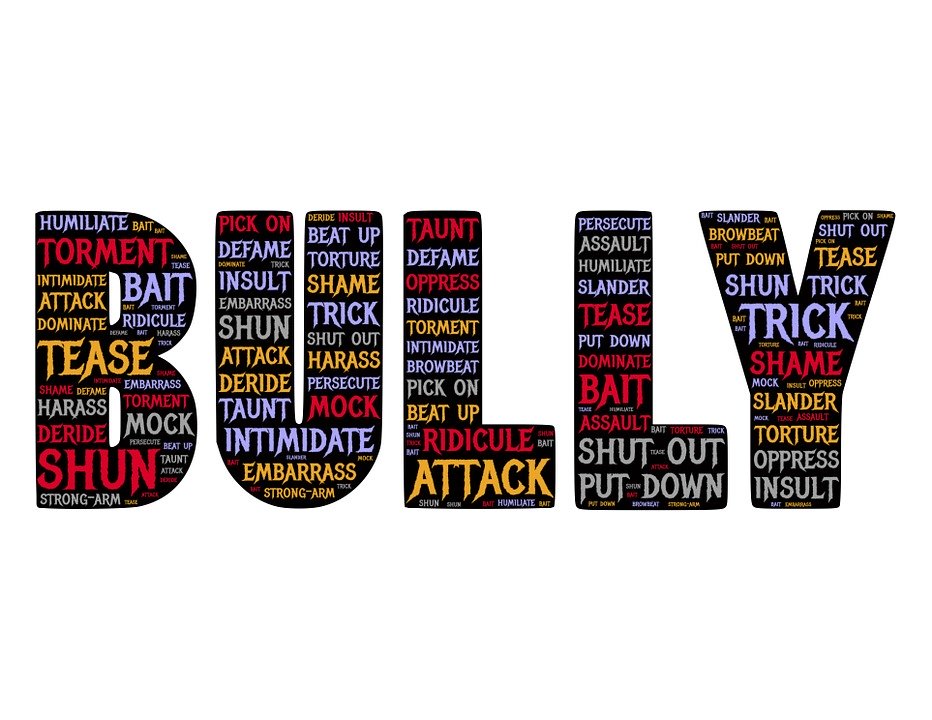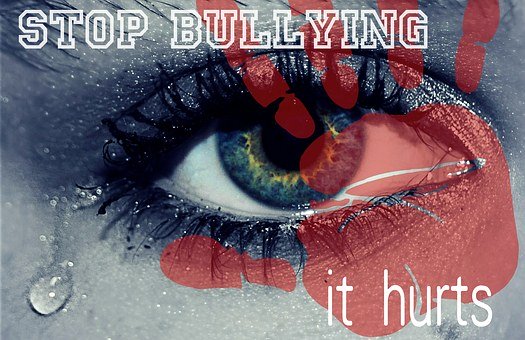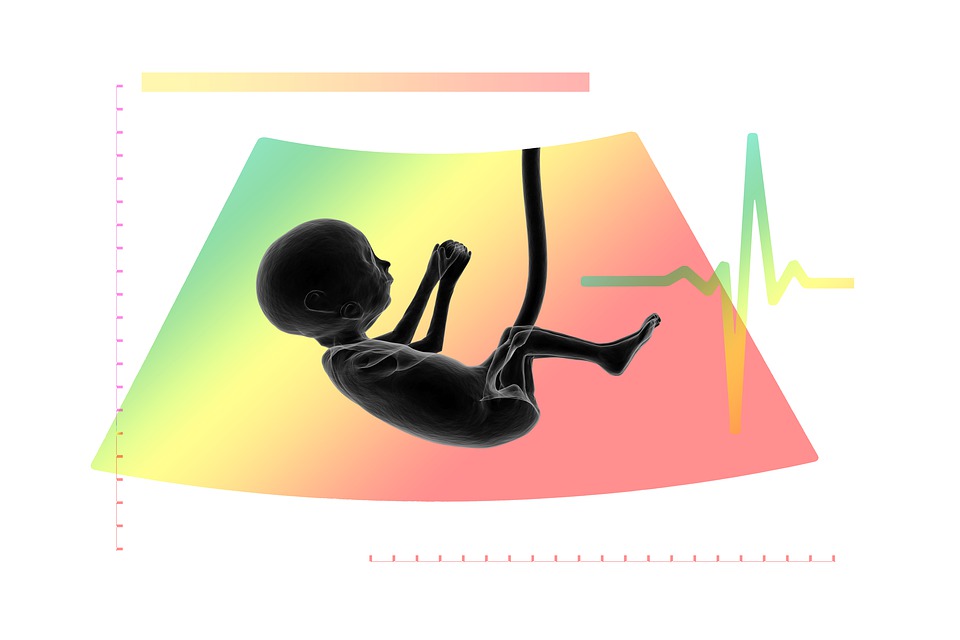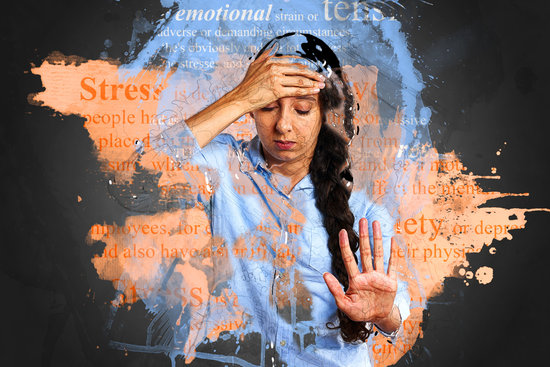
Breastfeeding Generations to Come: A Public Health Campaign.
November 11, 2019
Shining a Light on Mental Health Disorders!
January 11, 2020Bullying is an aggressive behavior. It occurs when a child is targeted by one or more youth with repeated negative actions over a period of time according to Mental Health America. Bullying is a growing public health burden globally with consequences linked to depression, anxiety, mental health disorders and in some cases suicide. Continuous bullying can have a long lasting effect on one’s mental health. In some places like Nigeria due to a poor public health system and cultural taboos, the severity of bullying is largely unknown because no one is paying attention to both the bully and the bullied (victims) as indicated by the World Health Organization.
Everyone has experienced or know someone who has or is experiencing some form of bullying. Bullies scout their targets by picking on the ones they feel are vulnerable and weak. This could be as a result of religious affiliation, sexual orientation, gender, or color of the skin. Unfortunately, the bullied are the victims that suffer in various ways such as mental health disorders, depression, suicidal thoughts, isolation etc. Bullying behavior can unfortunately occur in different settings such as home, school, social gathering, workplace, place of worship etc.

Imagine parents dealing with their children enduring constant bullying at school and social gatherings and despite the efforts to stop it, too little was done by the authorities or the adults to stop this despicable act. There are far too many cases of young children, youth and young adults taking their lives as a result of bullying. To emphasize the connection between childhood bullying and mental health, I will shine a light on some of the stories of lives lost as a result of bullying:
- The case of a 10-year old boy from Houston Kevin Reese Jr who hanged himself in a closet after enduring months of physical, verbal, and cyberbullying. He was told by his bullies to “kill yourself” He was found by his 13-year-old sister.
- Another one is the case of a 13-year old Tabitha Otero who took her life after enduring physical bullying all year from other girls.
- A 9-year-old Colorado boy Jamel Myles committed suicide after being bullied for coming out as gay.
Bullying related suicide is becoming unfortunately quite an epidemic, and it’s not just limited to a particular place, it’s all over the globe. For instance: A study by Quinlan et al. published in the Journal of Molecular Psychiatry indicated that bullying may cause physical changes in the brain and increase the chance of mental illness.
As crazy as it sounds, I have witnessed situations where parents and caregivers are the bullies and children in their care endure continuous bullying until their adult lives. In these cases, the bullies, parents, and the victim need professional help because bullies are hiding behind their personal problems and using bullying behavior to mask their emotional struggle. So, the focus shouldn’t be on the victims only, the bullies should also be the focus to stop the trend and prevent future occurrences.
Bullying is a major public health problem that demands the concerted and coordinated time and attention of health-care providers, policy-makers and families according to the World Health Organization. It is therefore important that families, communities, and schools collaborate in understanding bullying, its consequences (i.e. the long term effect on mental health) and develop effective bullying prevention programs that can be implemented in schools and different communities around the globe. Combating bullying should be one of our main focus because a lot of damage has been done as a result of bullying.
If you have questions or need assistance related to the content of this blog, please contact us
Bullying: Tips for Parents & Caregivers
- Start early: Have an open dialogue with your children
- Teach your children how to be assertive: Encourage your children to express their feelings clearly. That is, No should be No and Yes is Yes
- Stop Bullying when you see it: Adults who remain silent when bullying occurs are encouraging it and making it worse.
- Listen and support children who speak up
- Recognize the signs of depression
- Tell your children to take action when they see bullying behavior
- Communicate clear policies and consequences: That is, send a clear message at school about the consequences of bullying
- (Source: Mental Health America)
Types of Bullying Behavior
- Physical Bullying: It may take the form of hitting, kicking, pushing, and pinching
- Verbal Bullying: Name calling, insults, teasing, intimidation, racist remarks, inappropriate sexual comments
- Social Bullying: Spreading rumors or intentionally embarrassing someone in public
- Cyber Bullying: Bullying behaviors through digital technologies such as computers and smartphones (Source: talkspace.com)
Long-Term Risks of Bullying for the Victim
• Chronic depression
• Increased risk of suicidal thoughts, suicide plans, and suicide attempts
• Anxiety disorders
• Post-traumatic stress disorder
• Poor general health
• Self-destructive behavior, including self-harm
• Substance abuse
• Difficulty establishing trusting, reciprocal friendships and relationships (Source: Psycom)
Long-Term Effects of Bullying for the Bully
…Without proper treatment, bullying behavior is likely to continue into adulthood.
• Risk of spousal or child abuse
• Risk of antisocial behavior
• Substance abuse
• Less likely to be educated or employed (Source: Psycom)




